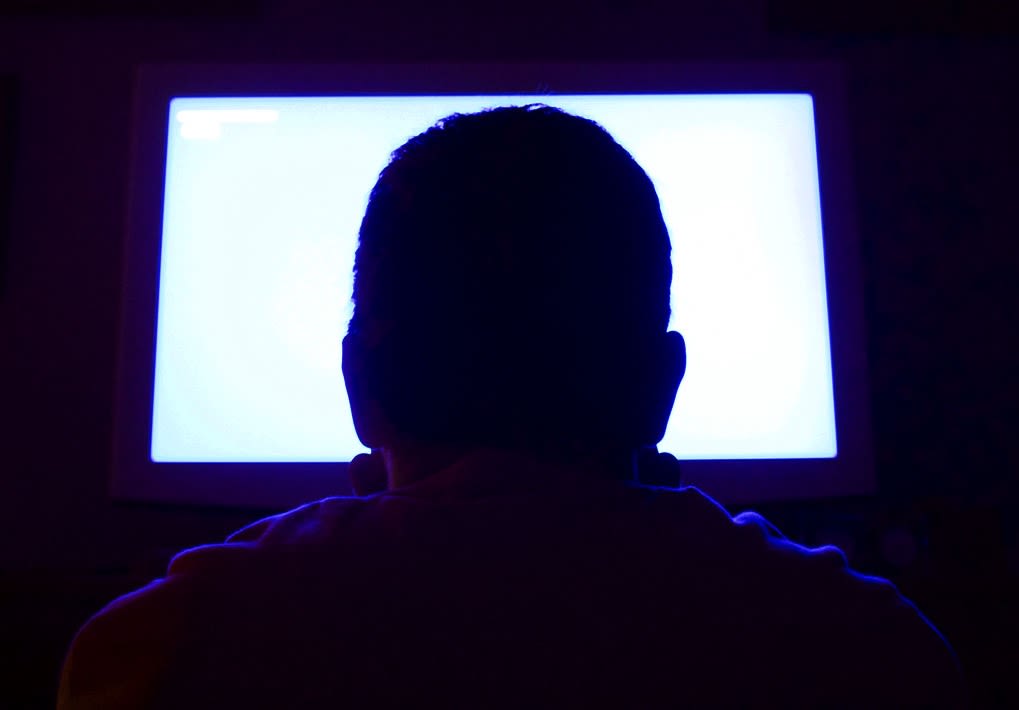Spoilers: the good, the bad and the ugly
By Nick Alford

Spoilers are often unavoidable. They’re splashed across the covers of magazines and shared across social media, and it only takes someone talking a little too loudly to give something away to everyone else in the room.
Are they inherently bad though? ‘Spoilers’ is often used as a pejorative word because they can, well, spoil one’s enjoyment of a show. But there are people out there who actively seek them out, so can foreknowledge also be a positive thing?
Yes, I’d say. But I think there are still differences between an exciting spoiler and an infuriating one. The first difference comes down to how much has actually been revealed. Knowing everything is a bad thing, because it defeats the point of watching the programme. If I know not only what happens, but how, when, and why as well, then I’m not so much watching a drama as taking a second look at a plot synopsis. But if, for example, I go into a programme knowing a character dies but not what causes their demise, then whilst I might lose out on a brief moment of shock I may be rewarded in other ways. Might it possibly be a more tense and engaging experience overall? Think of all the guessing and theorising a certain spoiler could produce – who finally kills off the loathsome villain? Will the baddie take anyone down with them? How will this change things going forward?

Perhaps this is why soap operas are so commonly spoiled – often the audience can correctly guess how the story ends (usually badly) and so the real drama is in the lead-up to some final event. Soap operas don’t have trams coming off viaducts or helicopters crashing into weddings every day because it’s also important to slowly develop a story first.
To use a (hopefully not too awkward) food analogy, spoilers are like slowly cooked meals. Yes, you’ll have to wait longer to fully enjoy them, but it’s worth it in the end. A good spoiler is something that will satisfy you without taking away your appetite entirely – perhaps smelling a pleasing aroma from the oven or seeing the finished dish being served a couple of tables away. A bad spoiler is like taking something out of the oven, shoving it in the microwave on full power, then wolfing it down as soon as possible. Sure, you get what you want more quickly, but does it not take most of the enjoyment out of it? Spoilers work best when they tease but also make you wait for the full experience. Bad ones provide you with quick thrills but rob you of greater feelings.

There is also the issue of how the story was intended to be seen by its creators. Sometimes knowing a twist or a reveal does not actually detract too much, especially if it happens earlier on or is a smaller part of a wider story. But what if that isn’t the case? Compare, for instance, two Doctor Who stories: 1982’s ‘Earthshock’ and 2017’s ‘World Enough and Time’ each involve two shocking reveals. The crew on the former deliberately kept both their events secret, even turning down publicity opportunities to preserve the surprises. ‘Earthshock’ became a fan favourite story, in part because of these unexpected twists. ‘World Enough and Time’ was not so lucky. The return of John Simm’s Master was leaked, and the news soon spread, so the BBC eventually just came out and confirmed it. Whilst both are excellent stories, 80s audiences probably did come away with a more memorable experience. It’s one thing to say you’d be willing to trade an extremely brief moment of shock for several minutes worth of tension, but what if the writers designed it thinking such a trade would be impossible? This is a problem with spoilers in the age of social media and clickbait.
Ultimately, spoilers are complicated. Whether they enhance or mar your experience of a TV show can depend on a number of factors, from writer’s intent, to genre, to the level of detail prematurely revealed. Some people will love them, for some people it depends, and others would rather steer clear altogether. The only solution might be for those who uncover spoilers not to brandish them in front of the latter group. The internet has made it hard enough already for the anti-spoiler crowd to avoid them for long.

